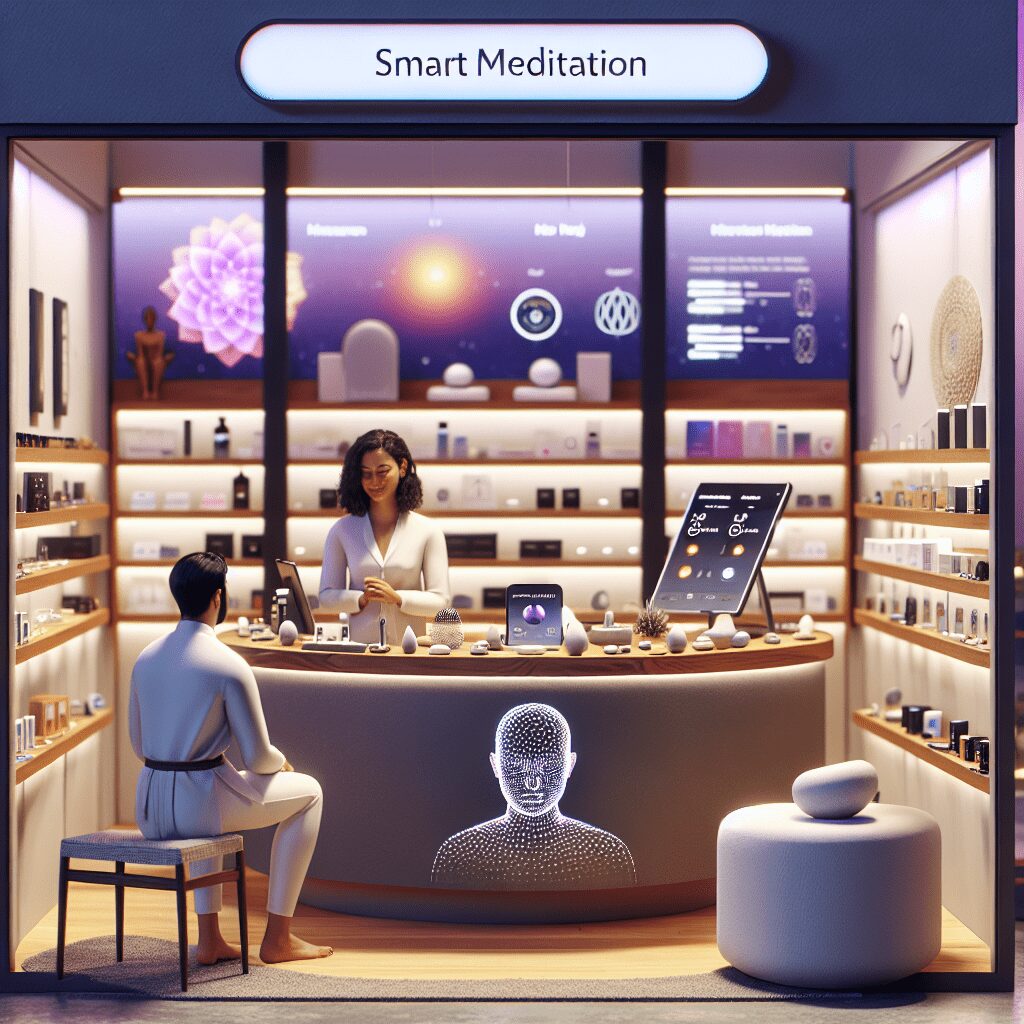
Prioritize your mental well-being daily. Enhance your life by nurturing your mental health with the Smart Meditation app. Break free from stress, alleviate anxiety, and enhance your sleep quality starting today.
Does Drooling While Sleeping Related To Heart Problems?
Unraveling the Myth: Does Drooling During Sleep Signal Heart Trouble?
It might seem like a quirky question to ponder over your morning coffee, but have you ever woken up to find your pillow a tad too damp from drool and paused to wonder, “Hold on, could this be a sign of something more, like heart problems?” In the realm of sleep phenomena, drooling, medically termed as sialorrhea, stands out not only for its ability to ruin a perfectly good pillow but also for the myths surrounding its implications on health, particularly heart health. Let’s dive into this intriguing topic and separate fact from fiction.
The Truth Behind Drooling and Its Connection to Heart Health
First off, hitting the hay and waking up with a drool-stained pillow does not automatically mean your ticker is in trouble. While the visual might not be the most glamorous, drooling in your sleep is more often than not, a benign occurrence that can be chalked up to various factors outside the realm of cardiology.
Decoding Why We Drool
- Sleeping Position: Ever noticed how you’re more prone to drooling when snoozing on your side or stomach? That’s gravity at work. In these positions, your mouth may open, turning the drool faucet on.
- Deep Sleep Stages: In REM sleep, your body is in a state of relaxation, including the muscles around your mouth, leading to potential drool overflow.
- Sinus Issues and Allergies: Blocked nasal passages force you to breathe through your mouth, setting the stage for a slobbery pillow.
- Medications and Health Conditions: Certain meds and health conditions can amp up saliva production or alter muscle control, leading to nighttime dribble.
Heart Health: The Real Scoop
When it comes to the heart, experts primarily focus on symptoms and risk factors that have concrete scientific backing. Think along the lines of chest pain, shortness of breath, excessive fatigue, or swelling in the legs. Drooling hasn’t made the cut as a red flag for heart issues. However, that’s not to say it’s wise to ignore all sleep-related symptoms. For instance, sleep apnea, characterized by snoring, restless sleep, and yes, sometimes drooling, has been linked to heart conditions. The connection? It lies more in the obstructive sleep episodes than the saliva on your pillow.
Sifting Through the Myths: What Should You Actually Worry About?
Alright, so drooling itself might not be a distress signal from your heart, but it’s always a good idea to be in tune with your body. If your nighttime saliva adventures are accompanied by other symptoms like snoring, frequent nighttime awakenings, or daytime sleepiness, it might be worth discussing sleep apnea with your healthcare provider.
In sum, while the visual of drooling might have you worried about your heart health, it’s usually not a stand-alone symptom to lose sleep over. However, staying vigilant about your overall health and sleep patterns is key. So, next time you wake up to a soggy pillow, don’t jump straight to heart-related conclusions. Instead, consider the more mundane aspects of your sleep hygiene and lifestyle that might be contributing to your drool dilemma. And remember, when in doubt, it’s always better to consult with a healthcare professional to get the real deal on what your body is trying to tell you.





